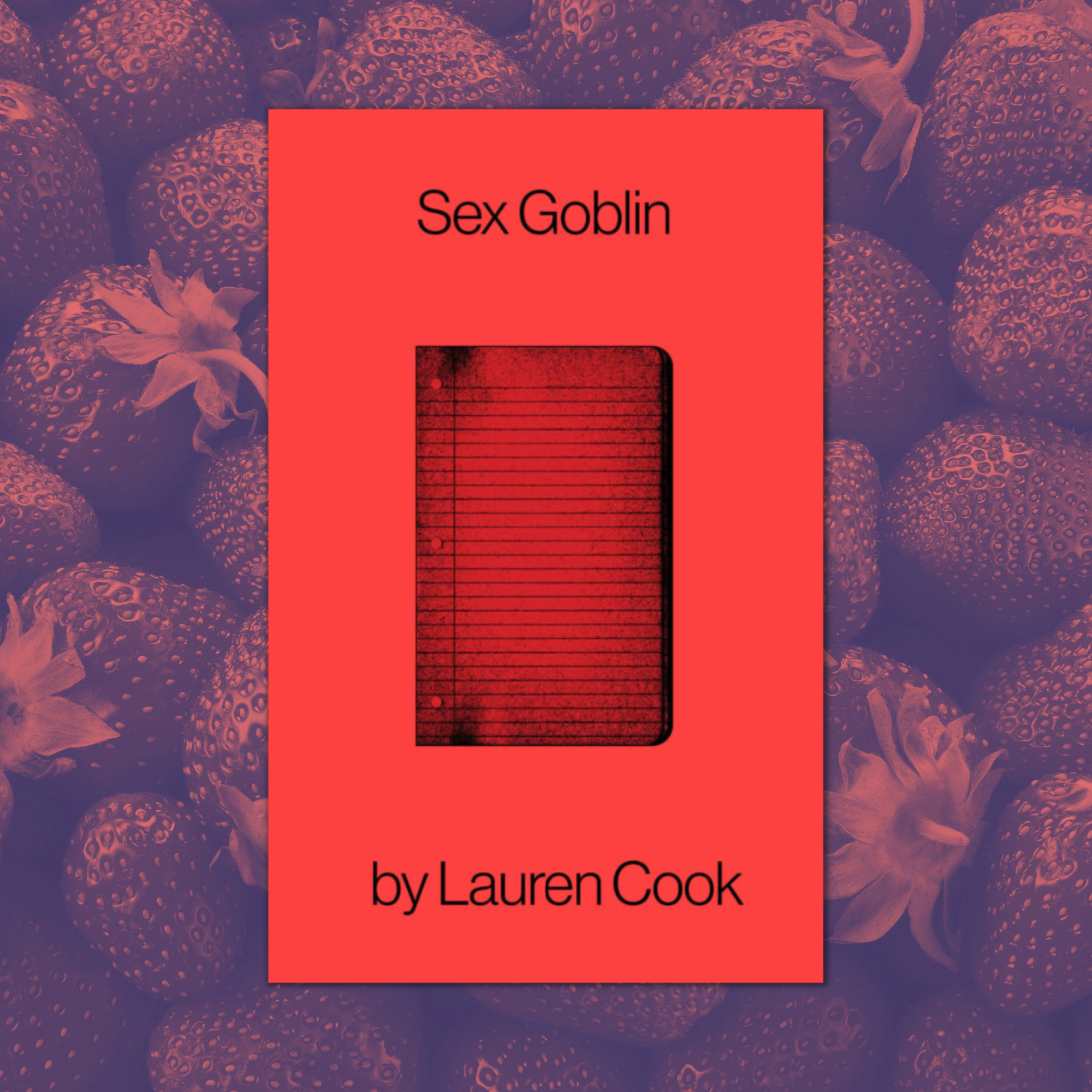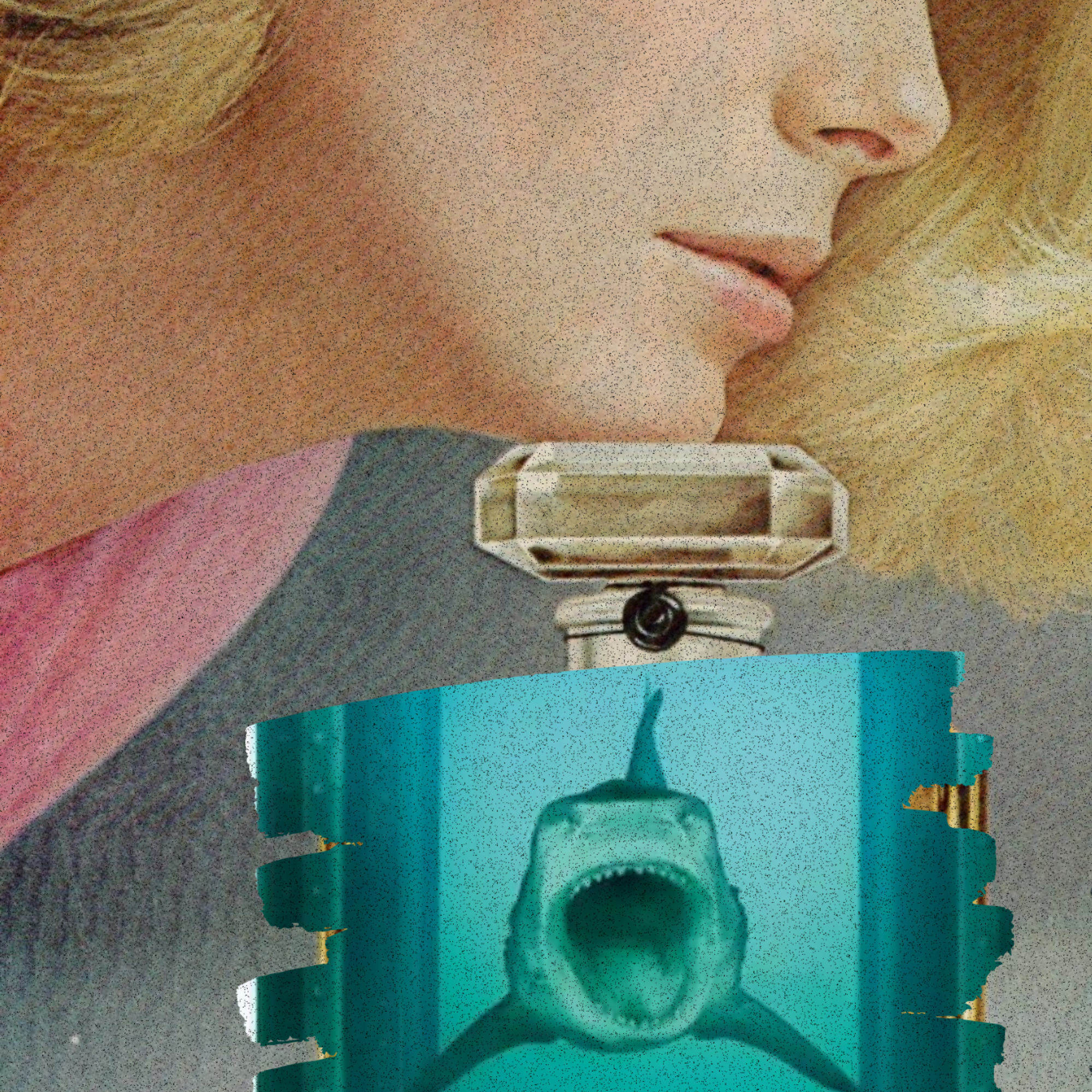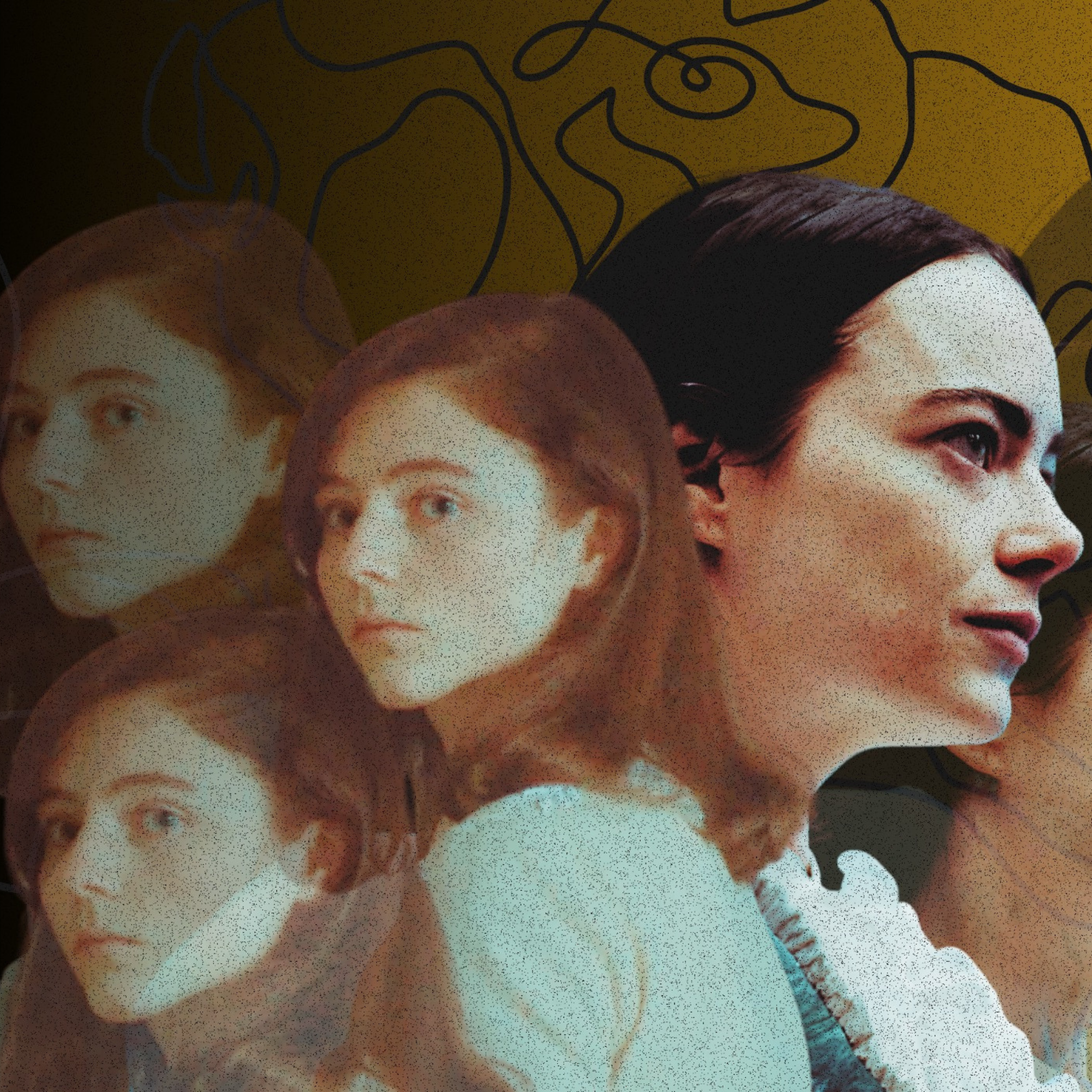Becky Miller in conversation with Anna Dorn on her new novel.
Anna Dorn’s heroine, Astrid Dahl (no relation to Roald), spends a good deal of Perfume and Pain’s first chapters tucked away in a bungalow in the hills of L.A. brooding, trying to quell her beer, Adderall, and woman addictions with a large dose of “getting healthy.” Prioritizing health, however, is not something that benefits Astrid, the book’s narrative propellers, or the reader’s hunger. A true rollercoaster of indulgences, Perfume and Pain baits Astrid into many benders, beach makeouts, unplanned house parties, and plagiarism scandals, speed-racing herself through life amidst a haze of perfume spritzes. Astrid is all id, but she has to get healthy, and it hurts to watch her outgrow all of her sins.
In the spirit of the racy pre-Stonewall lesbian pulp fiction of the fifties and sixties, Perfume and Pain borrows its title from the 1962 novel by Kimberly Kemp, real name Gilbert Fox. From a stylized paperback cover forward, Anna Dorn elegantly pays homage to some of the first instances of femme lesbian representation in literature through Astrid’s escapades. Irreverence and dalliances ooze off of every page; after reading, I am positive that there is no “getting healthy” in L.A., and the gravitational pulls of crushes, drugs, and even perfume are all twisted into a complicated ball that can knock nearly anyone who calls themself a writer into a backslide. Once I understood that, Dorn and I discussed the jealousy, obsessiveness, and snark at the center of her third novel. — Becky Miller
Becky Miller: Could you talk a little bit about how Perfume and Pain is situated within the canon of the lesbian pulp novel?
Anna Dorn: I've been really intrigued by the concept of lesbian pulp ever since I first saw a lesbian pulp cover. My initial draw was mostly visual. The covers are so cool and so fun and they're so different from the lesbian content that I've been fed, which is nothing like this. It's not sexy, and it doesn't cater to femmes.
Of course, lesbian pulp was problematic in many ways—a lot of it was written by men, including the original Perfume and Pain, which was actually written by a man under a pen name. A lot of it was written for men, but there were some writers, like Patricia Highsmith and her girlfriend, Marijane Meaker, who wrote under the pen name Vin Packer, who were lesbians writing for lesbians. At the time, the postal service wouldn't send the books out unless the characters were punished for their sexuality, meaning they had to basically go back to a man at the end or die. So now, a lot of these women who are still alive are going back and rewriting the endings. I think The Price of Salt, which is Patricia Highsmith writing under the name Claire Morgan, was the first lesbian pulp novel that actually had any sort of happy ending. I had this idea that Astrid, my main character, was going to plagiarize the lesbian pulp book for a Zoom writing class. That's a ridiculous sentence.
BM: Is Perfume and Pain the title of another book, too?
AD: Yes, it's a real book. Astrid plagiarizes it for her Zoom writing class, and I plagiarized the title in real life, because I thought there was something sort of fun there. Also, it's out of print. I paid $40 to get a really shitty copy of the original Perfume and Pain. I was researching books that Astrid could plagiarize, and as soon as I saw this book and the title and the cover, that was it.
|  | Apr 26, 2024 |
|
|  | May 3, 2024 |
|
|  | Apr 1, 2024 |
|
|  | Mar 28, 2024 |
|
|  | Mar 8, 2024 |
|







